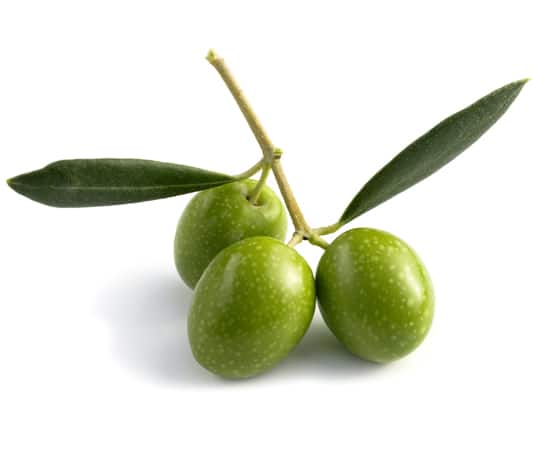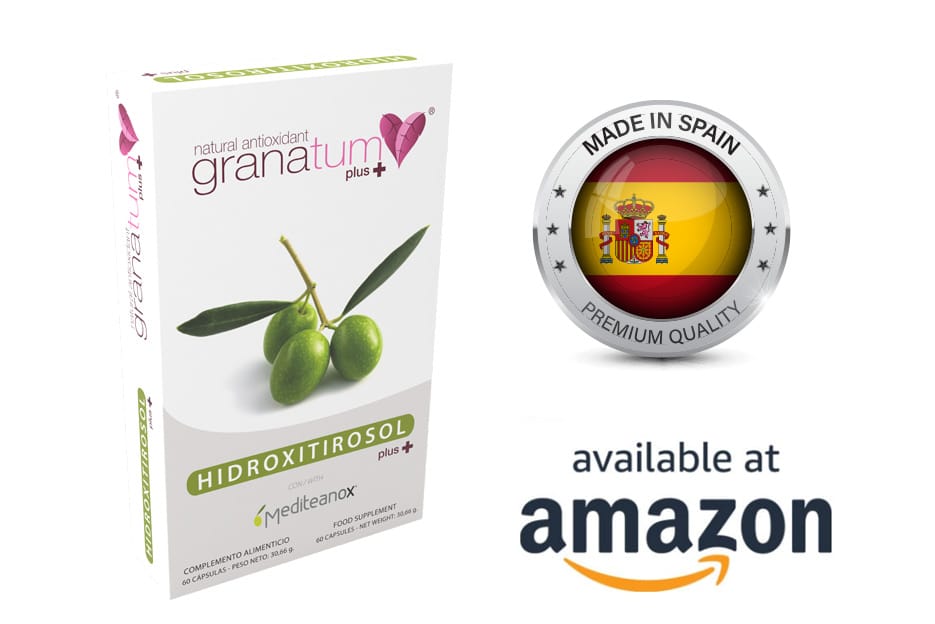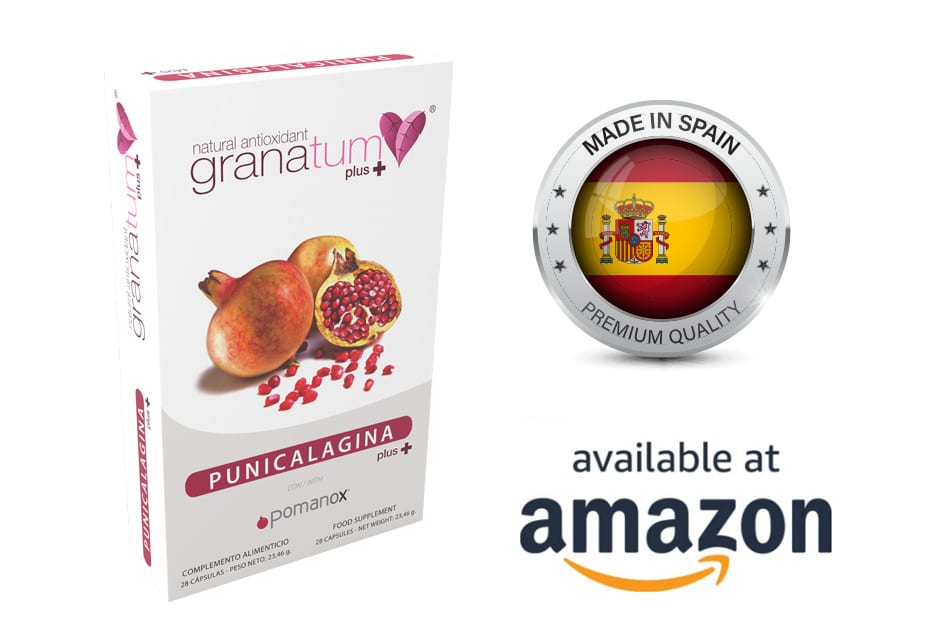
RESEARCH TITLE: Effect of olive oil phenolic compounds on the expression of blood pressure-related genes in healthy individuals
COUNTRIES: Spain
CONDUCTED BY: Cardiovascular Risk and Nutrition Research Group, REGICOR Study Group, Hospital del Mar Research Institute (IMIM), Barcelona, Spain; Spanish Biomedical Research Networking Centre (CIBER), Physiopathology of Obesity and Nutrition (CIBERobn), Instituto de Salud Carlos III, Madrid, Spain; Cardiovascular and Genetic Epidemiology Research Group, REGICOR Study Group, IMIM, Barcelona, Spain; Spanish Biomedical Research Networking Centre (CIBER), Epidemiology and Public Health (CIBEResp), Instituto de Salud Carlos III, Madrid, Spain; Human Pharmacology and Clinical Neurosciences Research Group, IMIM, Barcelona, Spain; Universitat Pompeu Fabra (CEXS-UPF), Barcelona, Spain; Autonomous University of Barcelona, Barcelona, Spain; Department of Biochemistry and Molecular Biology, Faculty of Medicine and Odontology, University of Valencia, Valencia, Spain; Institute of Public Health and Clinical Nutrition, University of Eastern Finland, Finland; German Institute of Human Nutrition (DIFE), Potsdam-Rehbruecke, Nuthetal, Germany
PUBLISHED ON: European Journal of Nutrition
RESEACH:
Abstract
Purpose
To investigate whether the ingestion of olive oil having different phenolic contents influences the expression of blood pressure-related genes, involved in the renin–angiotensin–aldosterone system, in healthy humans.
Methods
A randomized, double-blind, crossover human trial with 18 healthy subjects, who ingested 25 mL/day of olive oils (1) high (366 mg/kg, HPC) and (2) low (2.7 mg/kg, LPC) in phenolic compounds for 3 weeks, preceded by 2-week washout periods. Determination of selected blood pressure-related gene expression in peripheral blood mononuclear cells (PBMNC) by qPCR, blood pressure and systemic biomarkers.
Results
Olive oils phenolic compounds decreased systolic blood pressure compared to pre-intervention values and to LPC, and maintained diastolic blood pressure values compared to LPC. Olive oils phenolic compounds decreased ACE and NR1H2gene expressions compared with pre-intervention values, and IL8RA gene expression compared with LPC.
Conclusions
The introduction to the diet of an extra-virgin olive oil rich in phenolic compounds modulates the expression of some of the genes related to the renin–angiotensin–aldosterone system. These changes could underlie the decrease in systolic blood pressure observed.
YEAR: 2015

